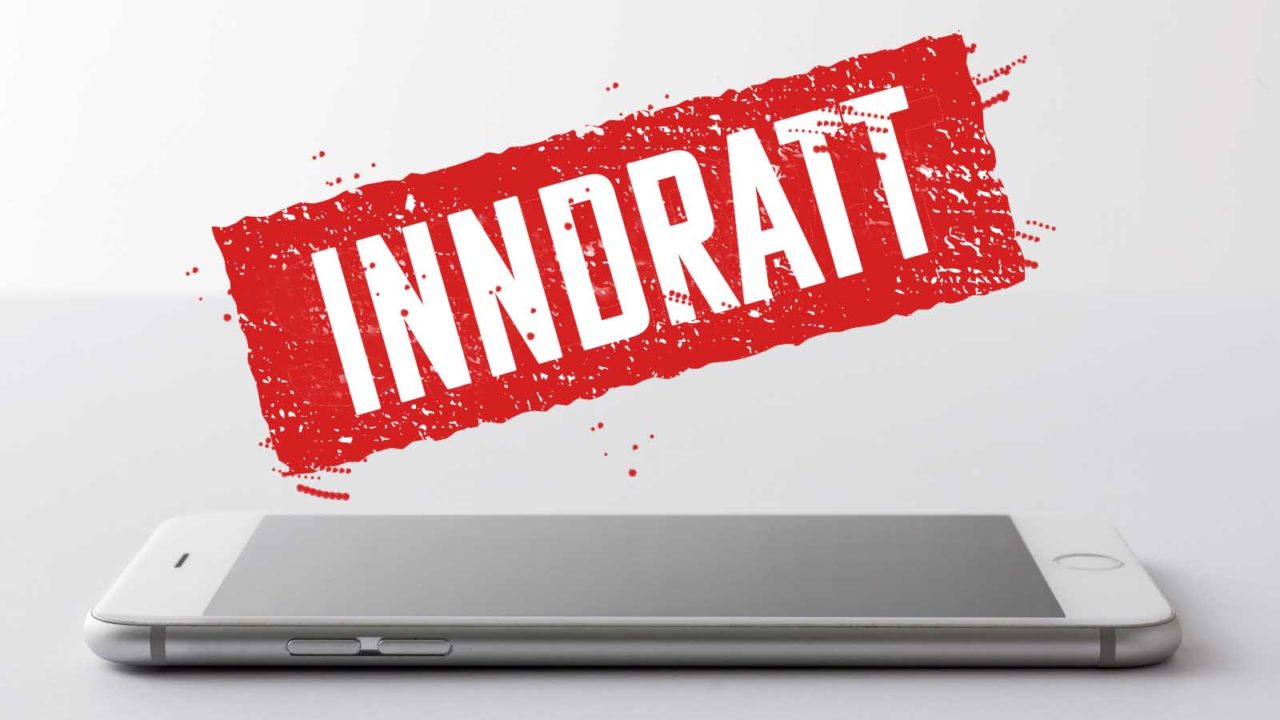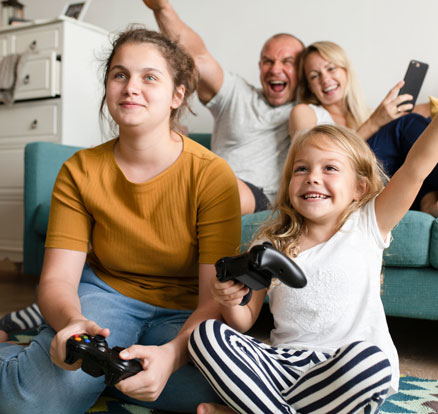
Police can confiscate children’s phones
In Norway, the minimum age for a charge against criminal offense is 15 years. Nevertheless, police can take away the phones of younger children if they are used to store or share nude photos of someone under 18.
Choose language in the Google-box below. Some translations may be flawed or inaccurate.
A 13-year-old boy received a photo of a girl of the same age, and in the photo one of her breasts was visible. The boy recognized the girl. He took screenshots and shared that with two friends, even though he knew it was illegal.
Simply put, sexualized nude photos of people under the age of 18 are illegal to take, store or share, in Norway.
There is an exception in the law: «The punishment may lapse for the person who takes and possesses a picture of a person between the ages of 16 and 18, if he/she has given his/her consent and both of them are approximately same in age and development.» (§ 311)
A thirteen-year-old falls outside this exemption that applies to children from the age of 16. In any case, consent must generally be given both in the first round and, if applicable, when sharing with others.
The boy did not receive the photo from the girl, but from a third person. The verdict states: “The photo was received from an acquaintance to A.” Furthermore, it says, from the proceedings in the Court of Appeal, that the boy recognized the girl even though her face was not visible. It also says the boy contacted the girl and told her about the photo. But the Supreme Court ruling says nothing more about this third person who sent the nude photo in the first place. This third person could have received the same punishment as the thirteen-year-old.
Likely that the word punishment is not legally precise to use when confiscating objects, but most people, as well as the one in question, may want to use such a word. “Confiscation is not punishment under internal Norwegian law,” the Supreme Court wrote.
The girl asked the boy several times to delete the photo, but he did not. He rather demanded money from the girl to delete it. She first paid 70 kroner via Vipps and then 100 kroner – and asked for him to delete the photo.
The case was reported to the police who decided that the boy’s phone should be confiscated.
The likelihood of confiscating objects is set out in Section 69 of the Penal Code. It states that an object can be confiscated if they have been used for criminal acts or there is a risk that it may be used for a criminal act.
The police went out the same day to take away the phone. The boy gave up his phone after some discussion. He then borrowed his father’s phone for some time before getting a new one from his parents.
The guardians of the boy refused to comply with the confiscation order. They believed that the confiscation should be temporary and that the boy should get his phone back later. The boy’s defense lawyer argued that since the boy was under the criminal minimum age of 15, there was no legal basis to confiscate anything from him. The defense argued that confiscation was “unnecessary and disproportional.”
The case then went to the district court, which ruled that the phone should not be confiscated.
Prosecutors appealed the case to the Court of Appeal, which ruled that the confiscation was done under the law. “The prosecution has, in short, argued that the verdict from the Court of Appeal is correct. There is a legal basis for confiscation in section 69 of the Penal Code – and this legal basis should be used.”
The case went to the Supreme Court, which unanimously ruled that there was a legal basis for confiscating the boy’s phone.
The boy was sentenced in the Supreme Court “to endure the confiscation of an iPhone mobile.”
There is, in fact, a legal right in Article 67:
“Confiscation will be carried out even if the offender is not guilty under section 20, or did not plead guilty.”
Section 20: “Anyone who is under the age of 15 at the time of action is not criminally liable.”
The Supreme Court ruling provides a template for possible action from the authorities in similar situations. Even if children under the age of 15 cannot be punished, the authorities can still confiscate items used for acts that are punishable by children over the age of 15.
A confiscation must be proportionate. The police cannot confiscate a car if the crime concerns that someone has not reported an extra bottle of wine in customs and transported that in a car. In this case, which involved images that sexualize children and where the child is subjected to extortion, the court ruled that the confiscation of the phone was proportionately correct.
Read more English articles about children’s media use here.
(First published on 21.11.2021. Translated by Ratan Samadder)










